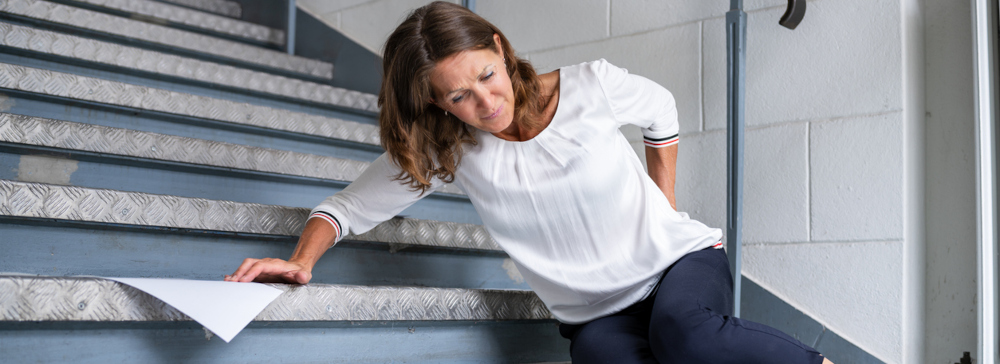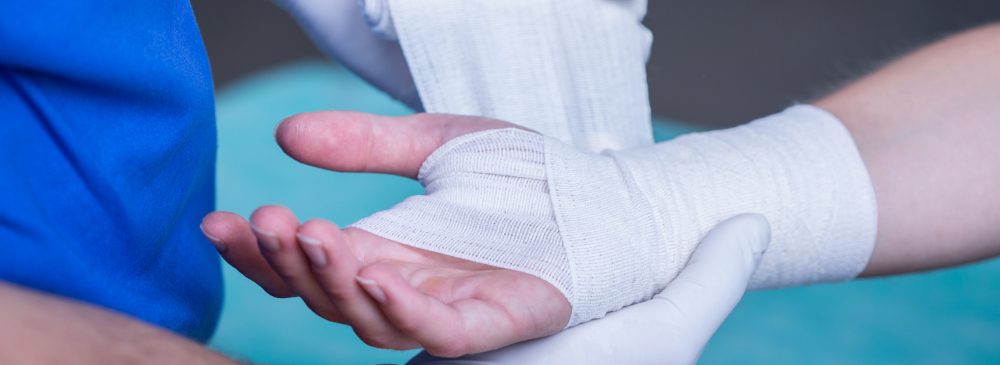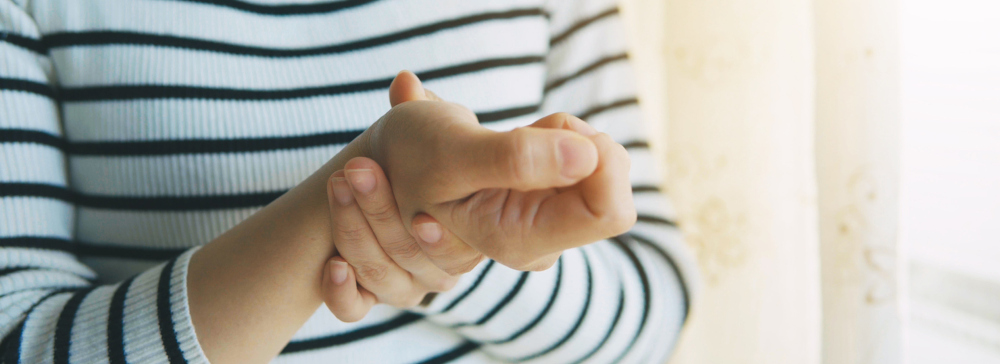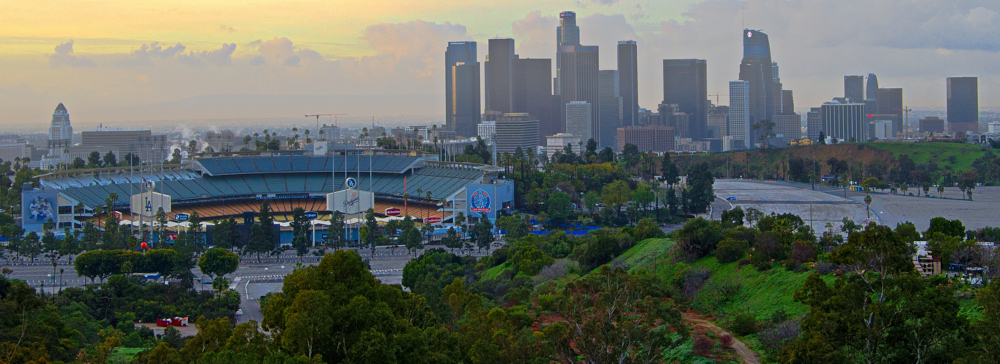Slip or trip and fall accidents can happen anywhere, from a public sidewalk to your workplace or even inside the home of a friend or relative. While slip and fall injuries can sometimes be limited to minor scrapes and bruises, all too often they result in emergency room visits and serious long-term injuries.
Compounding the problem is that the full extent of many fall injuries is not immediately obvious and only becomes apparent hours, days, or even weeks or months after the initial incident. For this reason, it’s important to know what symptoms to look for after a fall that may indicate a more serious injury has occurred.
Even if you think you’re probably okay after tripping or slipping and falling, it’s always a good idea to get checked out by a qualified physician as soon as possible. This raises the chances that any underlying injuries will be detected and treated, and reduces the likelihood of long-term health consequences.
You could also benefit from speaking to an attorney about your fall injury to review your legal options for compensation.
Recognizing Signs of a Slip and Fall Injury

Signs that you might be seriously injured after slipping and falling include:
- Pain in the wrist, hand, or fingers
- Pain or stiffness in joints such as hips, knees, or ankles
- Back pain
- Wooziness, cognitive impairment, or severe headache
- Blurred vision or difficulty hearing
- Nausea and vomiting
- Severe bleeding that won’t stop after 15 minutes
- Difficulty walking
- Loss of feeling in the extremities
Headache, confusion, blurred vision, memory loss, and bleeding from the head are all signs of concussion and/or traumatic brain injury and should be immediately addressed with medical attention.
Muscle strains can lead to serious tears if not properly diagnosed and promptly treated. However, muscle injuries are notorious for going undetected in the immediate aftermath of a slip and fall incident, as adrenaline can hide the pain and the severity of the damage. For this reason, even if the pain you feel seems slight or dull, have it checked out in the ER or by your doctor.
If you feel that moving right after your fall might make your injury worse, err on the side of caution and wait for help or call for emergency assistance.
Wrist Injuries are Common with Slip and Fall Accidents

Serious wrist injuries are common with slip and fall incidents since most people will reach out their hands to break their fall. Pain in the wrist can indicate a sprain but it can also be the result of a bone fracture. Seek medical attention immediately, as waiting too long to fix a broken wrist can lead to the bones not aligning properly in the healing process, which can result in permanent impairment affecting your ability to do daily tasks like writing, typing, or buttoning a shirt. It can also result in long-term ligament damage and chronic pain.
Signs that your wrist might be seriously injured include:
- Severe pain that gets worse when you try to squeeze or grip something
- Numbness or swelling
- Difficulty moving your fingers
- Bruising
Delayed or Worsening Symptoms After a Slip and Fall Accident

If you notice your symptoms worsening in the days or weeks following a slip and fall injury, be sure to reach out to your doctor. The following symptoms could indicate serious internal injuries, nerve damage, spinal cord injury, or traumatic brain injury (TBI):
- Back pain that keeps getting worse, becomes debilitating, and/or continues for more than a few weeks
- Headaches that continue on and off or don’t abate for days on end
- Severe pain anywhere in the body that does not respond to OTC pain relievers, such as ibuprofen or acetaminophen
- Pain that is so bad you are unable to sleep
- Heightened sensitivity to noises, light, or other stimuli
- Worsening vision and/or blurriness that you didn’t have before
- Persistent muscle weakness
- Swelling that doesn’t go away even with inactivity and repeated use of ice packs
- Numbness in the extremities or groin region
Delayed symptoms can complicate getting the medical care you need. Because injuries can substantially worsen over time, it is a good idea to seek medical attention even for injuries that appear mild at first. The sooner you see a doctor about your slip and fall injuries, the more likely you are to make a full recovery.
See How an Attorney Can Help After a Slip and Fall Injury

Choosing the right slip and fall attorney can make all the difference when it comes to getting the full compensation you need to cover medical costs and other losses, such as lost wages and reduced earning capacity if your injury is permanent. Reach out to the team at Salamati Law right away for a free consultation and see how we can help.